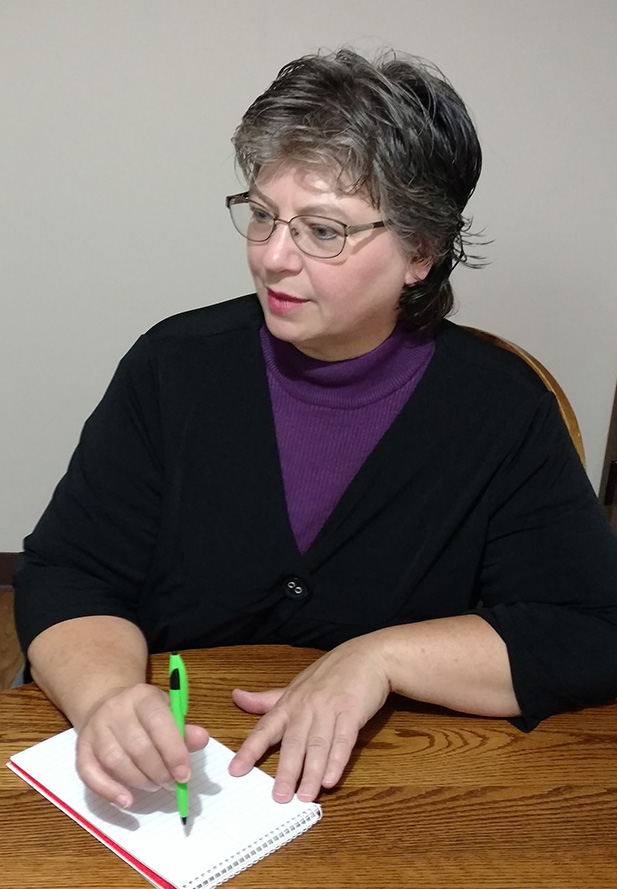
Residential Real Estate
We’ve all heard that owning a single family home is part of the American Dream. But that part of the “Dream” can become a complicated nightmare!
Issues to be considered:
- Do you need to list with a realtor or can you do this yourself?
- What does all that legal-ese in the Purchase Agreement actually mean? Is it negotiable?
- What happens at closing?
- Do I need title insurance?
- How does an Owners Title insurance policy differ from a Lenders’ Title insurance policy?
- What is an easement?
- Do I still need an abstract of title?
Your home may well be the largest single purchase of your lifetime, and you want to be sure you understand it and that it is done right. Working with you and your lender and your realtor, Ann can explain this complicated process to you and provide you with understandable answers.

Cabins & Hunting Land / Vacation Property
Perhaps more beloved that your home is your cabin! Cabins and hunting shacks hold a special place in a Minnesotan’s heart. This is where the memories are made, where the family plays games, fishes and bonds together.
Issues to be considered:
- How will the next generation get along? Do we need a schedule and some basic rules?
- Do we just transfer the property outright? but what if there is a divorce, or a creditor claim or if one of the kids just wants out?
- How do we make everyone contribute an equal share? Does sweat equity count? What happens if someone can’t afford his/her share?
- Who decides when maintenance or improvements must be done?
- Who makes sure taxes are paid and the property is insured?
- When is it time to sell? Should a family member get the first chance to buy? At what price?
- What if a family member dies? Can the interest be passed on?
- Are there estate and gift tax issues to be considered here?
None of these questions is insurmountable and a little planning can go a long way towards keeping the property in the family! Ann can help you work through this process, answering questions and determining what vehicle will work best for taking your vacation property into the future.

Farms and Ag Land
Farming is big business and plans need to be made for what happens to the farm when you want to retire. You can just end your operation but what if you want a family member to continue on? That takes planning and good planning takes time.
Transferring the family farm works best when the process occurs over several years, allowing the next generation to learn skills and establish a financial footing. Just as importantly, the retiring generation must be willing to let go of control.
Issues to be considered:
- Is the retiree ready and willing to retire?
- Can the retiree afford to retire?
- How important is it that the farm stay in the family?
- How does/should sweat equity of children work into this?
- Does the next generation have a sound financial footing? How much income with they need?
- How do estate and gift taxes play into this?
- Can life insurance help?
- Can we all talk and keep communication open?
- What options are available to us?
- Should there be a trust? A limited liability company? A corporation?
- What is someone dies or gets divorced or is disabled?
Developing a written plan is an important part of a successful farm transition. It necessitates discussion and sets forth a plan. That plan may need changing and tweaking but there will at least be a “road map” to use. Ann can help develop that written transition plan and, working with your accountant and/or financial planner, can advise as to the vehicles chosen and draft agreements and documents to make sure the plan works.




